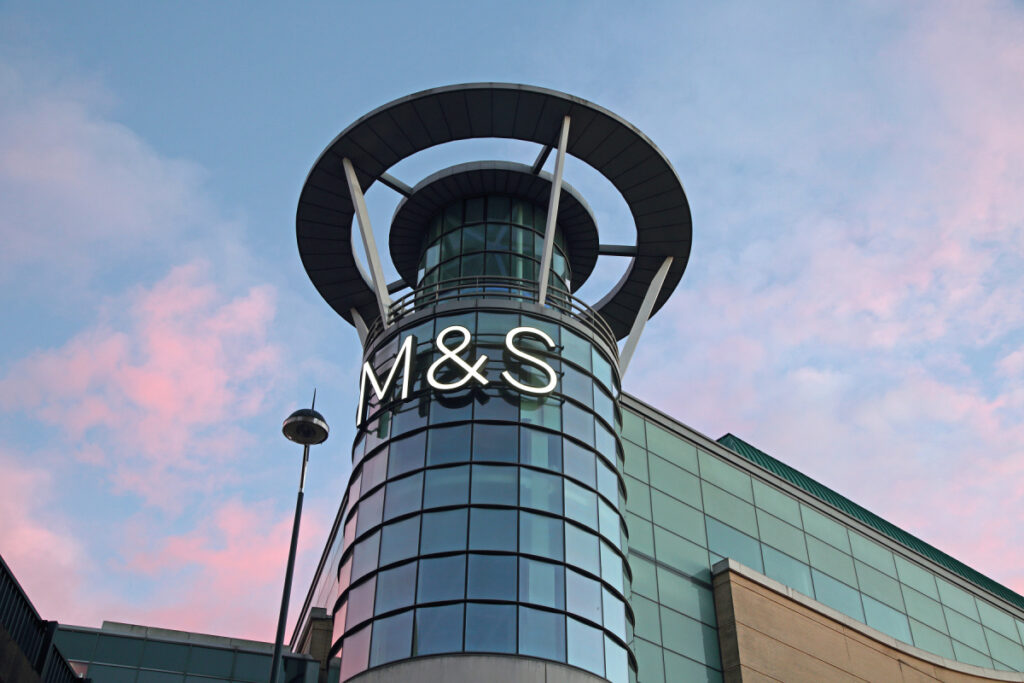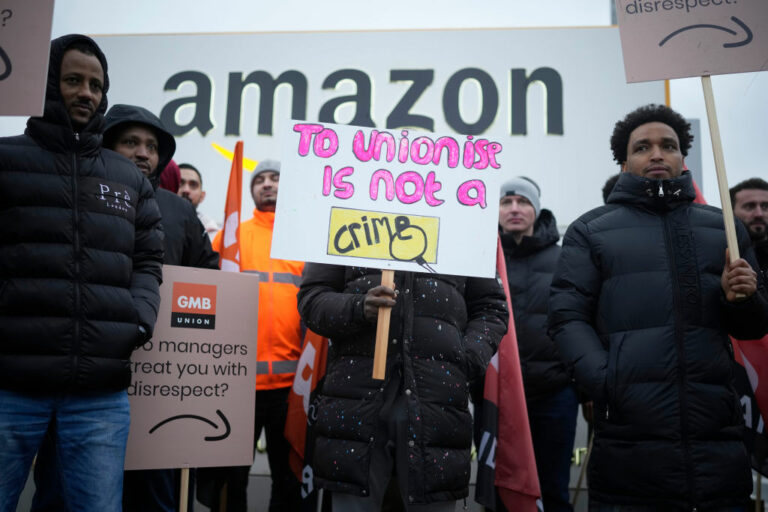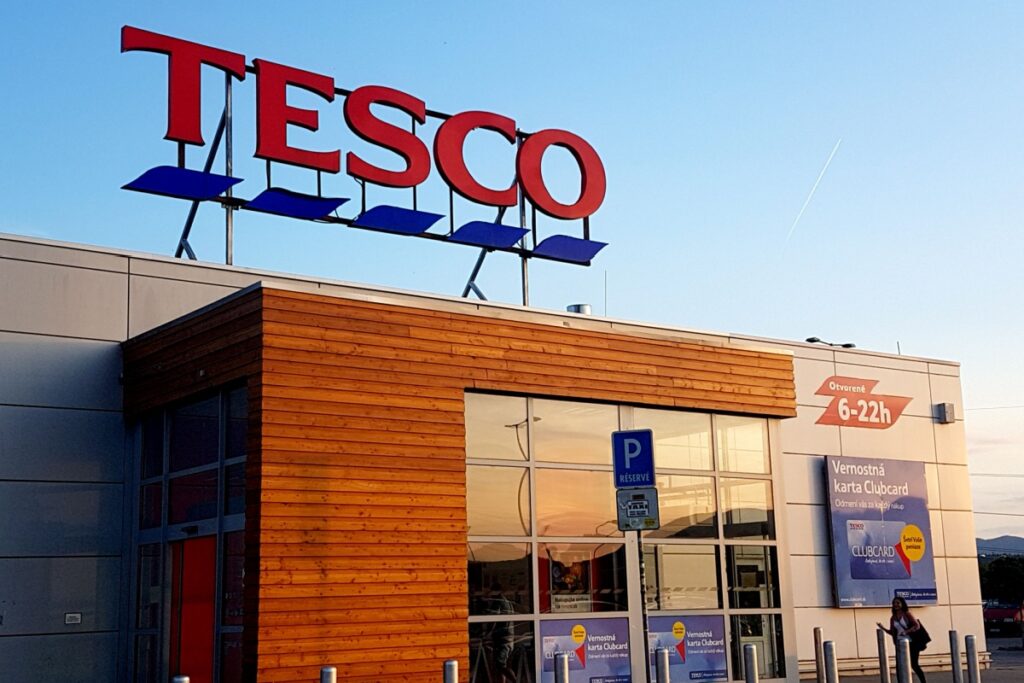Next year‘s business rates revision has been a key concern among UK companies for the last few months, with the large majority of businesses concerned the changes could be crippling.
The lethal cocktail of looming inflation, higher wages and business rates has sparked a frenzy of fierce opposition against the rate increases.
Research has suggested that the new rates, coming into force in April 2017, could cost retailers around £2.3 billion. The New West End company, which represents London‘s busiest shopping destinations have called the new rates “catastrophic” rising by 80 per cent.
Philp Hammond‘s first Autumn Statement did little to quell retailer‘s anxieties, with the most significant “good news” stating that increases will be capped at 43 per cent, instead of 45 per cent.
READ MORE: The New West End Company fights the “catastrophic” business rates hike
Not everyone stands to do badly from the rates however. Figures suggest the Big 4 could save £173 million on their larger stores, and rural business are to be given a significant boost due to exemption from the rate increases.
The rates are based on the value of the property the retailer trades from. Controversially the government pushed back the commercial property revaluation by two years, deviating from the usual five-year recurrence. They stated that it would create uncertainty among businesses, this will make the changes even more harshly felt when they come into effect.
“With a gap of seven years since the last valuation there is likely to have been some significant changes in property values so simplistically speaking, in areas where property prices have fallen, rates will be lower but in areas where property values have soared, the increase in rates bills are likely to be dramatic,” head of retail at accountancy firm Menzies Roberto Lobue said.
London is set to be the worst hit. The West End, which contributes more to the GDP than Wales, is predicted to cause a 25 per cent reduction in profits for retailers in the area.
READ MORE: Business rates revaluation will save Big 4 grocers £173 million
“Areas where significant regeneration has taken place since the last revaluation, Shoreditch and Kings Cross for example, will feel the squeeze from a hike in Business Rates,” Lobue continued.
“Unfortunately, SMEs and start-ups in prosperous areas are likely to be worst hit. Large multinational firms are better resourced to handle cost increases and often have nationwide coverage so their rates increases in London for example, will be offset by their savings elsewhere in the country.
“We‘re waiting for transitional relief rules to be finalised so the impact may be spread but firms who don‘t qualify for this have big decisions to make.”
Retailers must prepare for a drastic change in their financial situation, exaggerated by increasing wages and inability to accurately predict the future.
“First and foremost, retailers must check that their new rates bill is correct. There is a process to appeal if business owners believe the property value has been set too high,” added Lobue.
READ MORE: New business rates to cost retailers £2.3 billion
“Secondly, consider your long-term strategy. Are they based in the right locations? Should they be moving more online and consider a smaller physical premises? Are there any other costs that can be cut in order to absorb a higher rates
RELATED STORIES

















